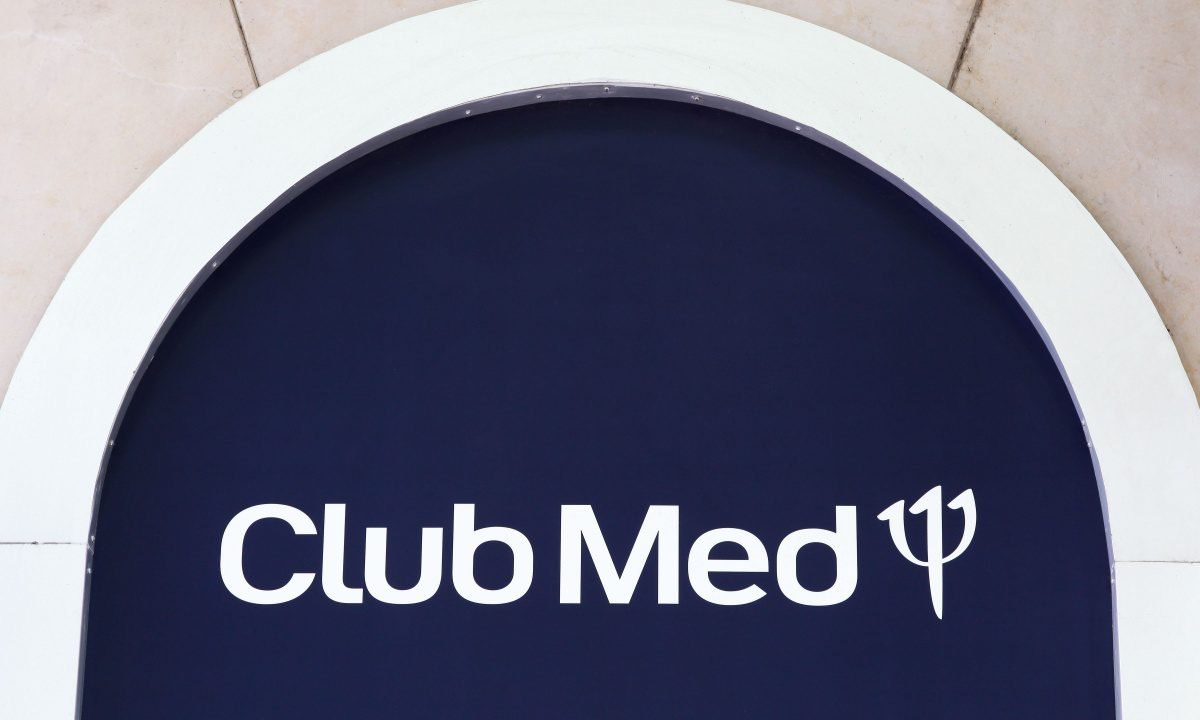Three years ago, Club Med decided to get organized. The vacation destination business set about building a global data factory with information gleaned from 1.5 million customers, 25,000 employees and artificial intelligence (AI) to develop insights.
At the heart of this vision was the desire to align with what he described as Club Med’s “unique lifestyle promise, human-centric hospitality,” said Henri Giscard d’Estaing, president of Club Med, who spoke at the recently held Viva Tech 2025 conference in Paris.
“Seventy-three percent of our customers are coming directly to us, so we have exceptional data quality,” Giscard d’Estaing said.
Today, the resorts chain processes five million data points in nearly real time through its integrated business model.
The next step was to build the technological infrastructure needed to harness this data effectively.
“During the last two years, we invested in building an AI and agentic platform, which is driving efficiency and enhancing experience across our entire operations, from HR to CSR [corporate social responsibility],” Giscard d’Estaing said.
He highlighted three key AI-powered initiatives as examples of this transformation.
The first, GM Copilot, is Club Med’s first intelligent sales assistant. The company spotted an opportunity in Brazil — its second-largest market after France — where WhatsApp was a tool people used to plan and book travel. By integrating WhatsApp into its booking process, Club Med aimed to reach customers where they are active. Later, the service was expanded to 12 markets.
The results were tangible: The WhatsApp channel resulted in 12,000 conversations across 12 markets a month, with 30% of the process already fully automated.
Meanwhile, 40% of these interactions took place when Club Med’s call centers were closed, which created “an additional opportunity of business and contact with our clients,” Giscard d’Estaing said.
The second example, G.O. Match, addresses one of the company’s most complex challenges: managing the troves of seasonal employees. G.O. stands for “gentils organisateurs,” a French term meaning gracious hosts.
With seasonal rotations and the movement of employees, talent placement is both critical and complicated.
“Happy teams make happy clients,” Giscard d’Estaing said.
Club Med’s G.O. Match uses machine learning and automation to efficiently assign employees based on their skills, languages and other criteria.
For the current season, 40% of the G.O.s have been assigned by the system. It has saved HR teams “25% of their time, which is now used for more strategy tasks, and more importantly, to have a personal and direct contact with our G.O.s,” Giscard d’Estaing said.
The third innovation comprises two AI tools: Gentil Writer and an image indexation tool. Giscard d’Estaing said off-the-shelf AI tools did not fully capture Club Med’s linguistic style and brand image, so the company built their own. The image tool works with Gentil Writer to create content “aligned precisely to our tone,” he said.
Together, these two AI solutions have “increased efficiency 10-fold” in content management, Giscard d’Estaing said.
Read more: Strategic GenAI Integration Is Unlocking Higher ROI for CMOs
Using AI Throughout the Company
Club Med’s use of AI to transform various areas of its hospitality business aligns with the findings of a PYMNTS Intelligence report, “Strategic GenAI Integration Is Unlocking Higher ROI for CMOs.”
In the report, CMOs (chief marketing officers) said they are seeing higher ROI from strategically integrating generative AI. Companies reporting “very positive” ROI are leveraging the technology in more ways than other firms — in an average of seven tasks compared to three tasks.
Moreover, nearly all CMOs acknowledge the importance of using the technology for customer experience and market research. Crucially important is using generative AI for product marketing, which positions the CMOs’ brands, according to the report.
That’s what Club Med is doing — and underlying its efforts is a commitment to ethical and sustainable AI.
“Our strategy is anchored by ethics,” Giscard d’Estaing said. The company established AI principles that are “reviewed quarterly for fairness, transparency and privacy compliance.”
Club Med not only aligns with the EU AI Act but also has “developed specific partnership with Thales and Google to secure our sensitive HR data.”
Sustainability is another cornerstone.
“Each of our AI initiative and model are measured by the economic cost and their carbon footprint,” he said.
Education and upskilling are also priorities: “Over 800 of our staff are being trained in AI, and we have developed our own secure tool … where we have 80,000 queries from close to 2,000” employees and leaders.
Giscard d’Estaing stressed that AI is as much about leadership as it is about technology.
“Artificial intelligence is not just a technical expertise, it obviously — and will even more in the future — impacts the managerial posture, which should now be focused on leadership, because knowledge is done by the machine,” he said. “Everything now is about what will be understood and integrated by the leader’s strategic vision.”
But even as Club Med goes all in on advanced technologies, “I personally believe that an organization can only use AI effectively if it can complement human strengths,” Giscard d’Estaing said.
Read more: Expedia and Accor CEOs: AI to Reinvent the Future of Travel
Read more: Visa and eTip Team to Help Hospitality Workers Get Tipped Faster
Read more: Booking Holdings Defies Travel Slump With 7% Surge in Gross Bookings









